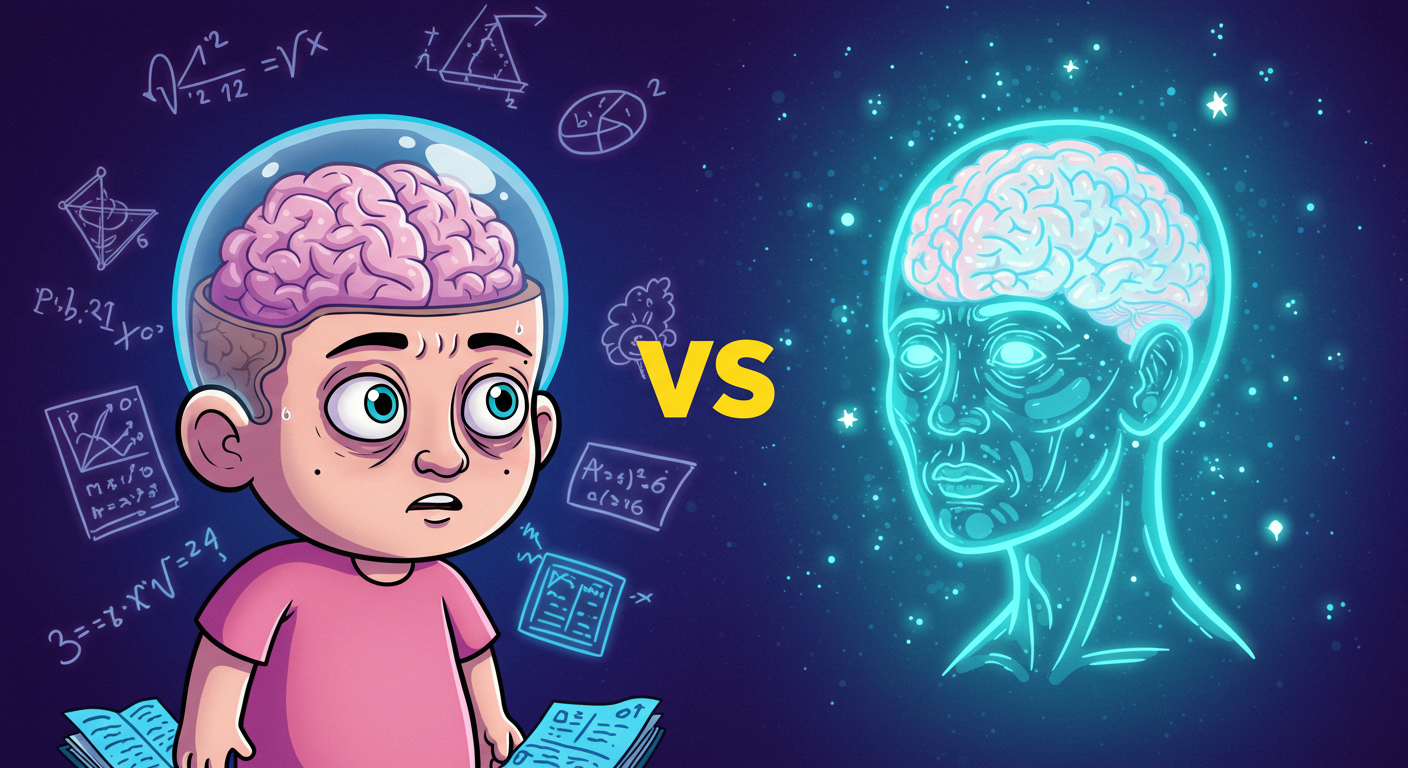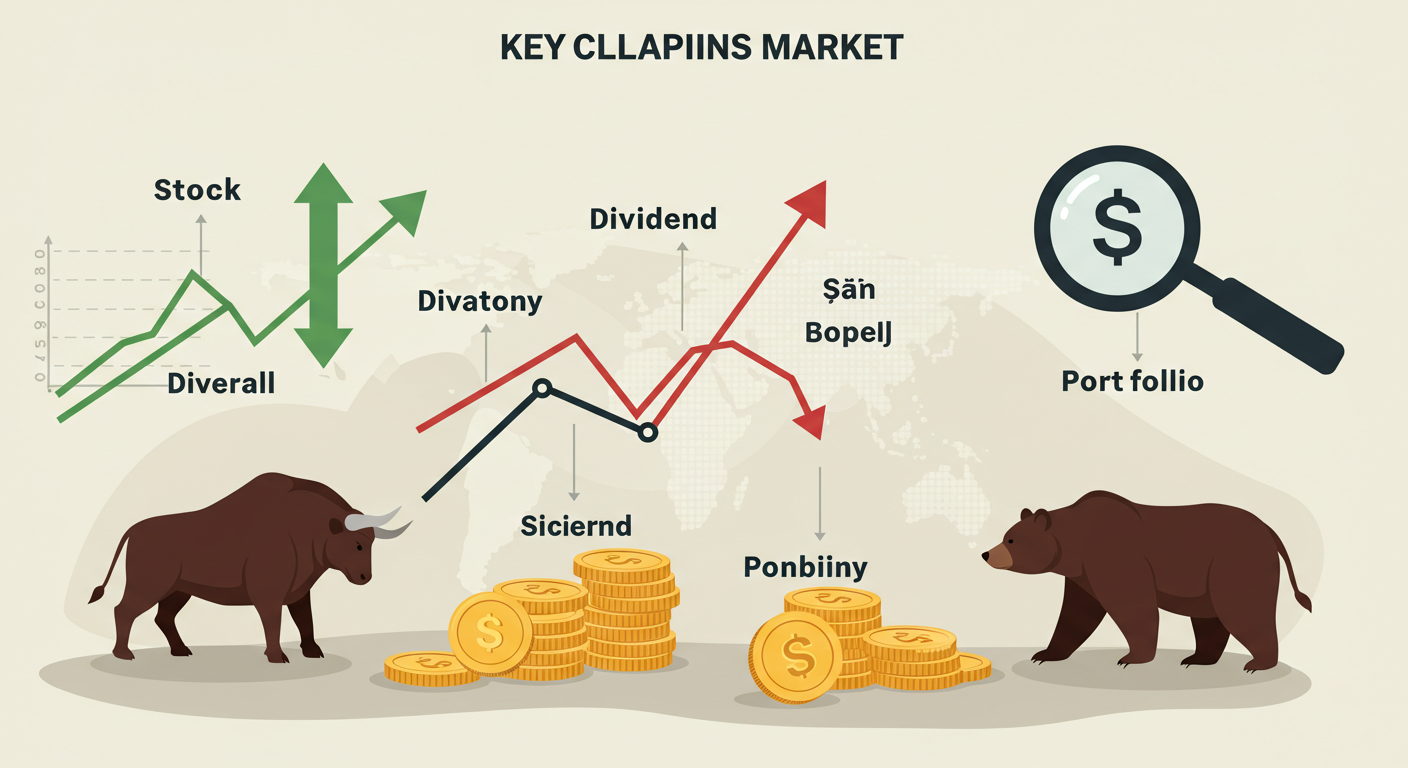Cryptocurrency is changing how we think about money. Bitcoin and altcoins lead this shift. They offer new ways to pay, invest, and store value. This article explains how these digital currencies work and their impact on finance. We’ll explore their benefits, risks, and future potential. By the end, you’ll understand why crypto matters.
I’m Jose E. McKenna, a crypto writer with four years of experience. I’ve studied blockchain and finance to help readers like you make sense of this complex world. My goal is to break down big ideas into simple words. Let’s dive into how Bitcoin and altcoins are shaping finance.
What Are Bitcoin and Altcoins?
Bitcoin is the first cryptocurrency, created in 2009 by someone named Satoshi Nakamoto. It’s a digital currency that works without banks. Altcoins are all other cryptocurrencies besides Bitcoin. Examples include Ethereum, Ripple, and Cardano. Each has unique features, but they all use blockchain technology.
Blockchain is like a digital ledger. It records every transaction securely. No one can change it without permission. This makes crypto safe and transparent. Bitcoin and altcoins use blockchain to move money fast across the world.
Why Crypto Matters
Crypto is popular because it’s different from regular money. Here’s why it stands out:
- No Middleman: Banks or governments don’t control it. You send money directly to others.
- Fast Transactions: Payments can take seconds, not days.
- Low Fees: Sending crypto often costs less than bank transfers.
- Global Access: Anyone with internet can use it, even in remote areas.
These features make crypto appealing. People use it to buy things, invest, or save money.
How Bitcoin Shapes Finance
Bitcoin started as an experiment. Now, it’s a major player in finance. Its value has grown a lot since 2009. One Bitcoin was worth pennies back then. Today, it’s worth thousands of dollars. This growth shows people trust it.
Bitcoin as Digital Gold
Many call Bitcoin “digital gold.” Like gold, it’s rare. Only 21 million Bitcoins will ever exist. This scarcity makes it valuable. Investors buy Bitcoin to store wealth, just like they buy gold. Recent trends show more Bitcoin is held long-term, reducing what’s available to trade. This could make its value rise more.
Bitcoin in Payments
Some businesses accept Bitcoin as payment. You can buy coffee, clothes, or even cars with it. Companies like Tesla and Microsoft have tried it. However, Bitcoin’s price changes a lot. This makes it hard to use for everyday purchases. Still, it’s a step toward a new kind of money.
Bitcoin and Freedom
Bitcoin gives people control over their money. In some countries, banks or governments limit access to funds. Bitcoin lets people send or receive money without restrictions. This is huge for those in unstable economies. For example, in places with high inflation, Bitcoin can protect savings.
The Role of Altcoins in Finance
Altcoins are more than just Bitcoin copies. They bring new ideas to finance. Each altcoin has a special purpose. Let’s look at a few key players.
Ethereum: Smart Contracts
Ethereum is the second-biggest cryptocurrency. It introduced “smart contracts.” These are like digital agreements. They run automatically when conditions are met. For example, a smart contract can pay a worker when a job is done. No bank or lawyer is needed. This saves time and money.
Smart contracts power many apps. These apps, called dApps, do things like lend money or trade assets. Ethereum’s ideas are changing how finance works.
Ripple: Fast Global Payments
Ripple (XRP) focuses on fast payments across countries. Banks use it to send money overseas quickly. Traditional bank transfers take days and cost a lot. Ripple does it in seconds for less. Some banks already use Ripple to save money.
Cardano: Green and Scalable
Cardano is newer but growing fast. It’s eco-friendly, using less energy than Bitcoin. It also handles more transactions at once. This makes it good for big projects, like digital IDs or supply chain tracking. Cardano shows altcoins can solve real-world problems.
How Crypto Changes Banking
Banks have been around for centuries. Crypto is shaking things up. It offers options banks can’t match. Let’s see how.
Decentralized Finance (DeFi)
DeFi is a new way to do banking without banks. It uses blockchain to offer loans, savings, and trading. Anyone with a smartphone can use DeFi. You don’t need a bank account or ID. This helps people in poor or remote areas.
For example, DeFi apps let you lend money and earn interest. Or you can borrow without a credit check. These services are open 24/7, unlike banks. DeFi is growing fast, with billions of dollars locked in its systems.
Lower Costs
Banks charge fees for transfers, loans, or accounts. Crypto cuts these costs. Sending Bitcoin or altcoins is often cheaper. This is great for small businesses or people sending money abroad.
Financial Inclusion
Over 1 billion people don’t have bank accounts. Crypto gives them access to finance. All they need is a phone and internet. This helps them save, invest, or start businesses. Crypto is making finance fairer for everyone.
Risks of Crypto in Finance
Crypto is exciting, but it has risks. You need to know them before jumping in.
Price Swings
Crypto prices change fast. Bitcoin might be worth $50,000 one day and $40,000 the next. This makes it risky for savings or payments. Only invest what you can afford to lose.
Scams and Fraud
Crypto is new, so scams are common. Fake projects or hacks can steal your money. Always research before investing. Use trusted platforms and check reviews.
Regulation
Governments are still figuring out crypto rules. Some may ban it or add taxes. This could affect its value or use. Stay updated on laws in your country.
Security
Crypto is stored in digital wallets. If you lose your wallet’s key, your money is gone. Hackers also target wallets. Use strong passwords and safe storage to protect your funds.
The Future of Crypto in Finance
Crypto is still young, but its future looks bright. Here’s what might happen next.
More Adoption
More businesses will accept crypto. Big companies like PayPal already support it. As trust grows, crypto could become common for payments.
Stablecoins
Stablecoins are crypto tied to assets like the dollar. They don’t swing in price like Bitcoin. They’re good for payments and savings. Stablecoins like USDC are growing fast.
Central Bank Digital Currencies (CBDCs)
Some governments are making their own digital money. These are like crypto but controlled by banks. Over 100 countries are testing CBDCs. They could work alongside Bitcoin and altcoins.
Better Technology
Blockchain is getting faster and cheaper. New altcoins like Solana handle thousands of transactions per second. This makes crypto better for everyday use.
Crypto in Investments
Crypto is already part of investing. Funds and ETFs now include Bitcoin. This makes it easier for people to invest without owning crypto directly. More investment options will likely appear.
Why Crypto Is Here to Stay
Crypto is more than a trend. It’s a new way to think about money. Bitcoin and altcoins solve real problems, like high fees and slow payments. They give people control and freedom. Despite risks, their benefits are hard to ignore.
Blockchain is the backbone of crypto. Its security and transparency build trust. As technology improves, crypto will become easier to use. More people and businesses will join in.
My Expertise in Crypto
As Jose E. McKenna, I’ve spent four years writing about crypto. I’ve seen Bitcoin grow from a niche idea to a global asset. My work explains blockchain in simple terms. I’ve studied Ethereum’s smart contracts and DeFi’s rise. My articles have helped thousands understand crypto’s potential and risks.
I stay updated on trends, like Bitcoin’s growing illiquid supply. This shows strong belief in its value. I also track altcoins like Cardano, which focus on sustainability. My experience lets me share clear, honest insights with you.
Conclusion
Bitcoin and altcoins are changing finance. They offer fast, cheap, and open ways to handle money. From Bitcoin’s role as digital gold to Ethereum’s smart contracts, crypto is full of possibilities. But risks like price swings and scams exist. Stay informed to use crypto safely.
The future of finance is exciting. Crypto will likely grow, with more businesses and people using it. As a crypto writer, I believe it’s a tool for freedom and fairness. What do you think about crypto’s role in finance? Share your thoughts below.
ALSO READ: Trump Derangement Syndrome Crypto: The Meme Coin Madness
Disclaimer: This article is only for learning and sharing information. It is not financial advice. Please do your own research before making any decision with money. I am not responsible for any loss or problem. This is not a promotional or affiliate article.












Leave a Reply